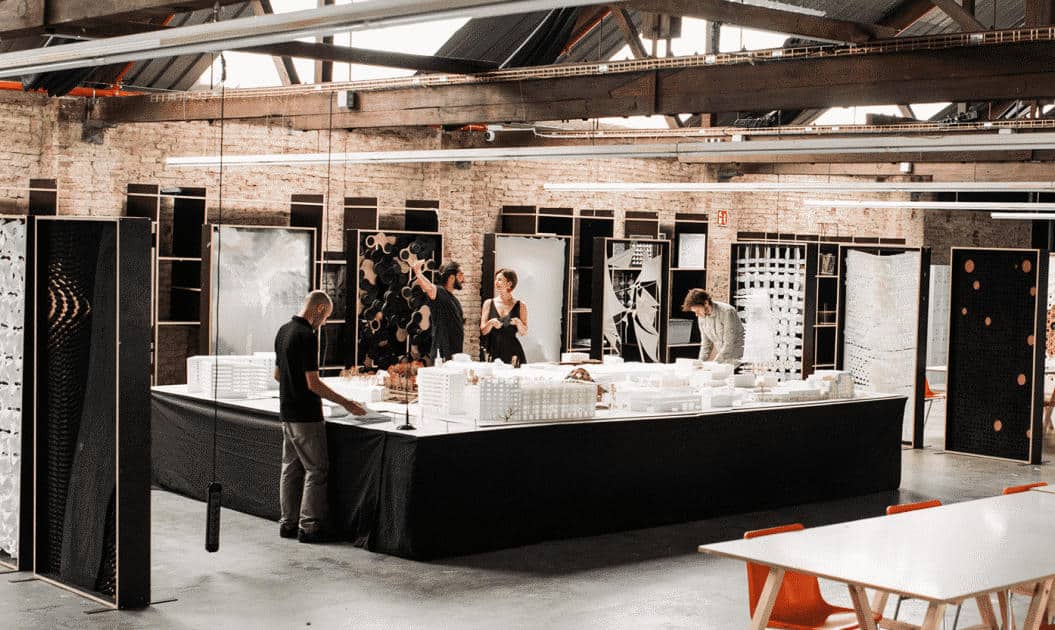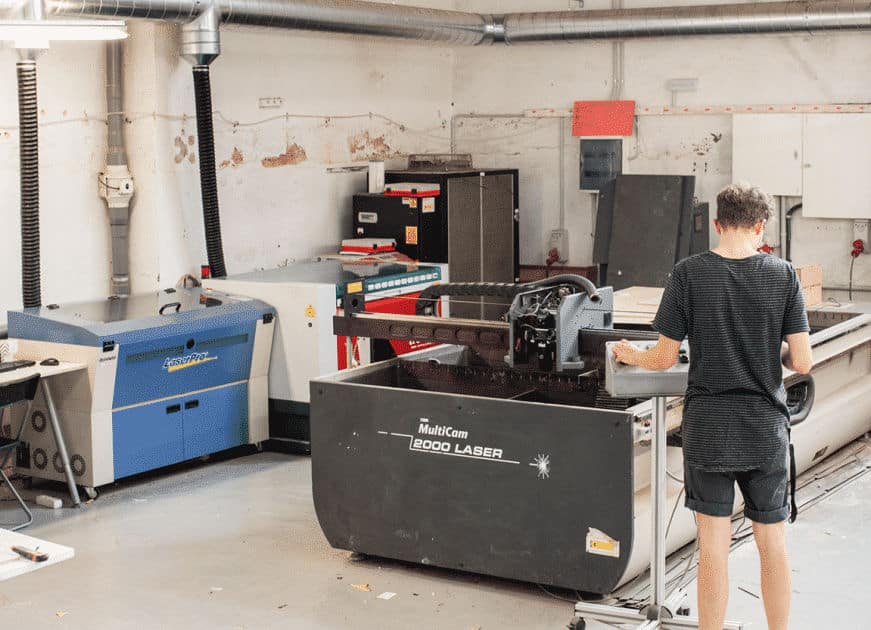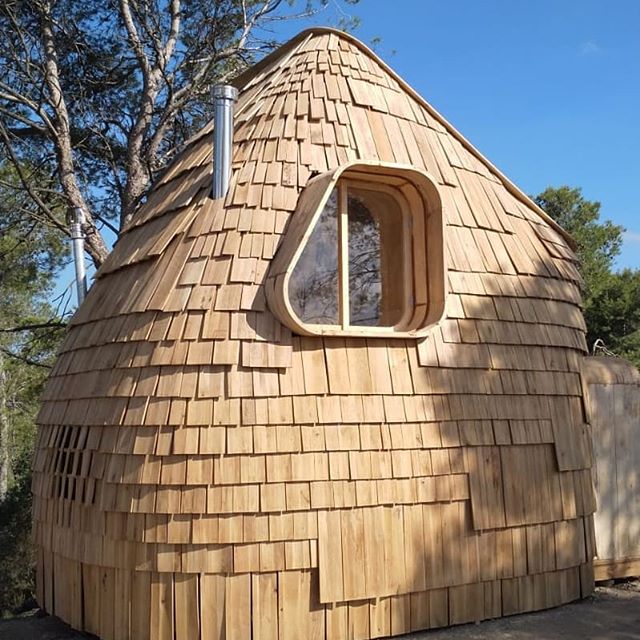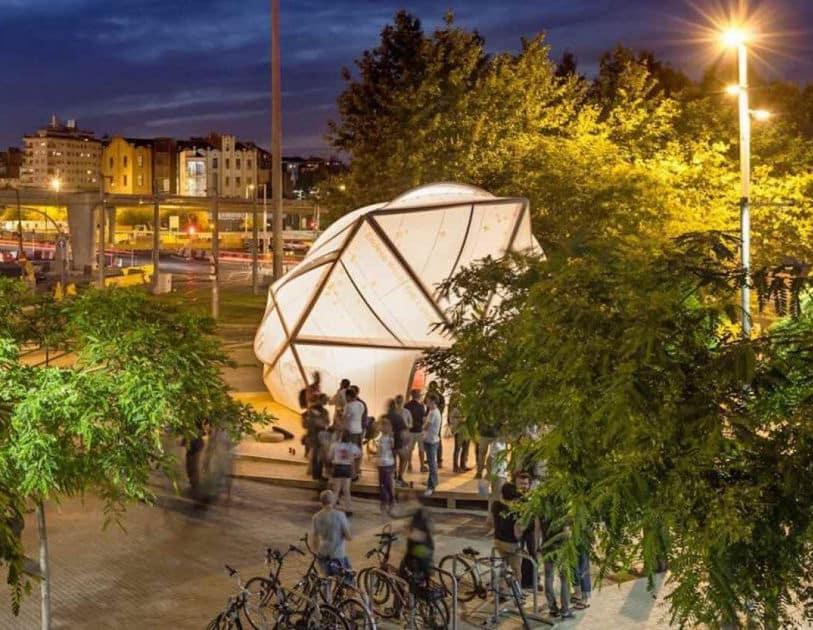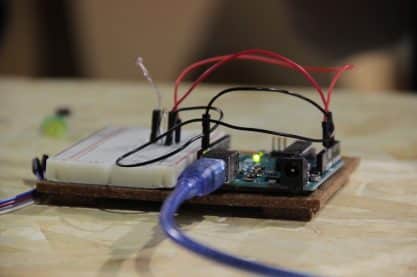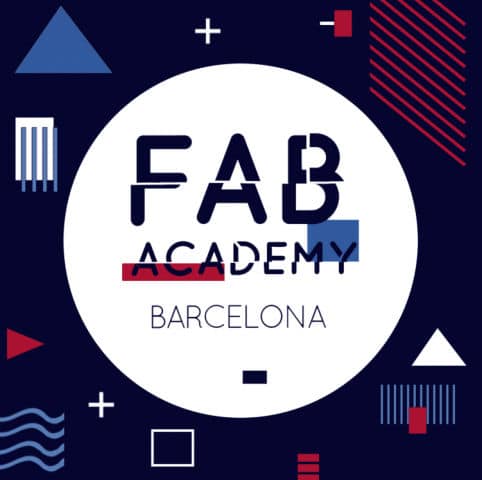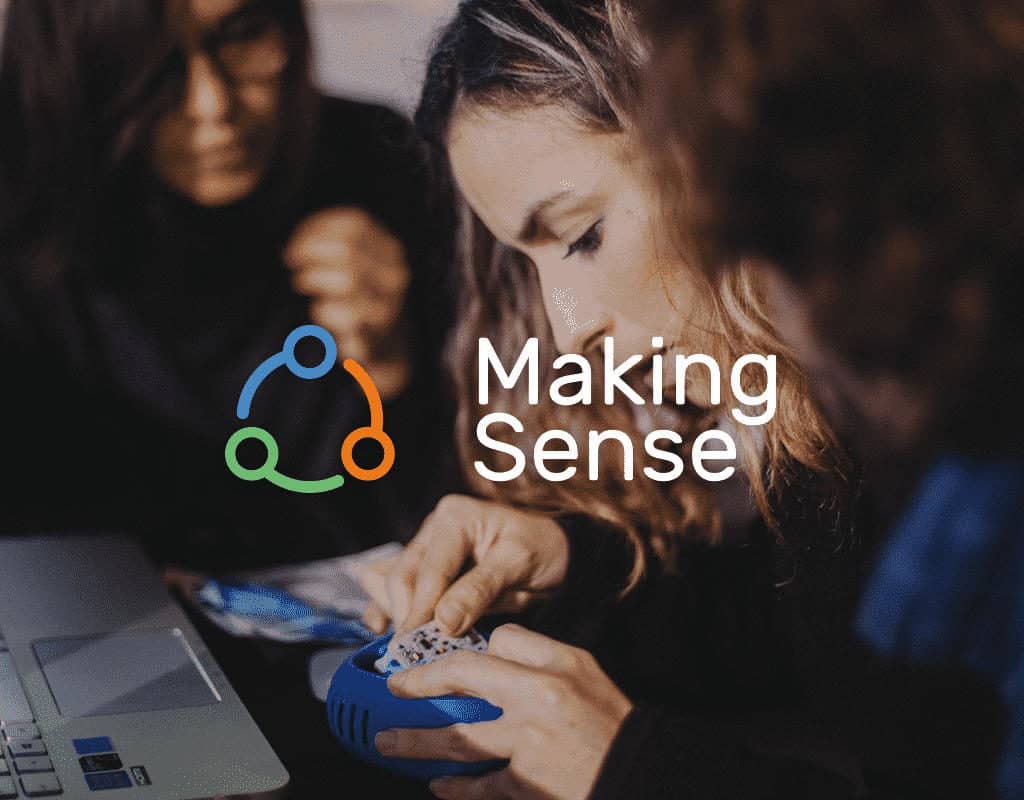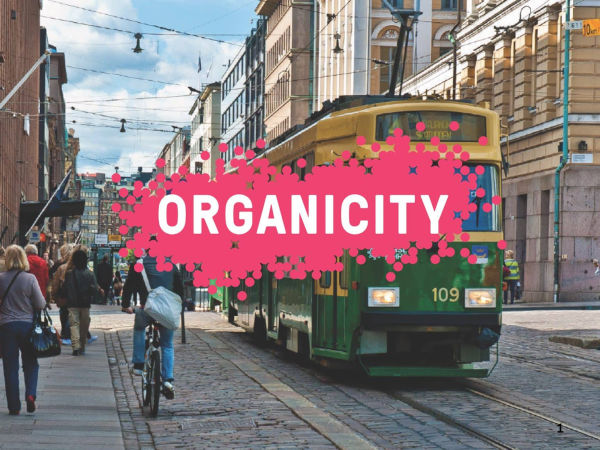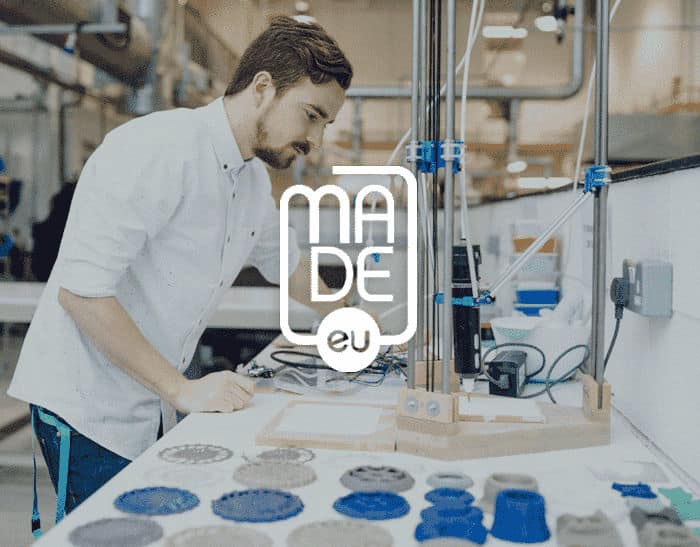The Advanced Architecture Group (AAG) is an interdisciplinary research group investigating emerging technologies of information, interaction and manufacturing for the design and transformation of the cities, buildings and public spaces.
Big & small data, responsiveness, smart energy systems, artificial intelligence, robotics, advanced materials, and additive manufacturing are few of the key topics developed by the AAG and applied to novel visions and solutions for the architectural and urban fabric. Through innovative educational programs and a hands-on based methodology, AAG works on redefining the paradigm of design education in the Information and Experience Age.
Through the realisation of professional projects, AAG works on real-scale pilot projects and real-world situations merging basic and applied research in collaboration with the industry and a series of multidisciplinary experts.
Within the current critical environmental, economic and social framework, and at a moment of a novel intersection and crossing between bits (digital) and atoms (physical), AAG explores how technologies can contribute in activating, socialising and establishing new responsive inhabitation models.
EDUCATIONAL PROGRAMMES
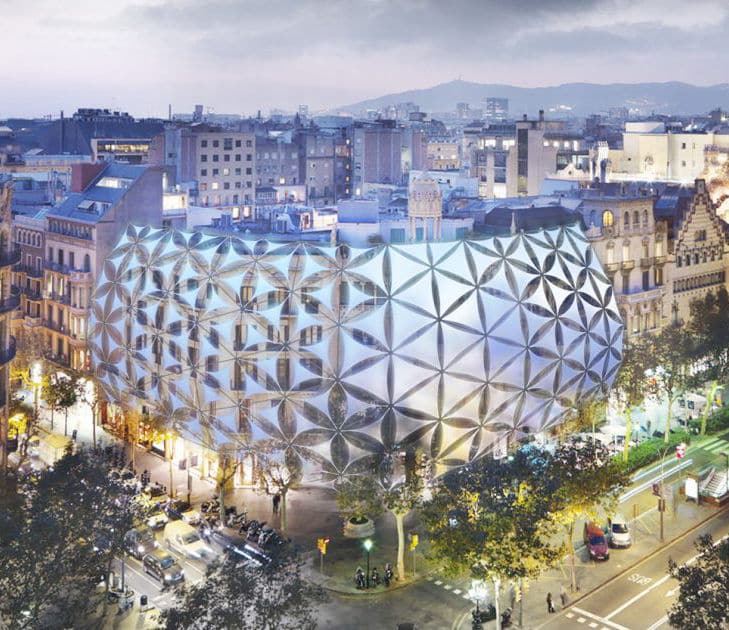
Master in Advanced Architecture – MAA
In Barcelona, IAAC offers an international Master programme in Advanced Architecture (MAA). The MAA is oriented towards architects, engineers and designers from all over the world, eager to imagine the future of our cities and societies and committed to building it in the present.
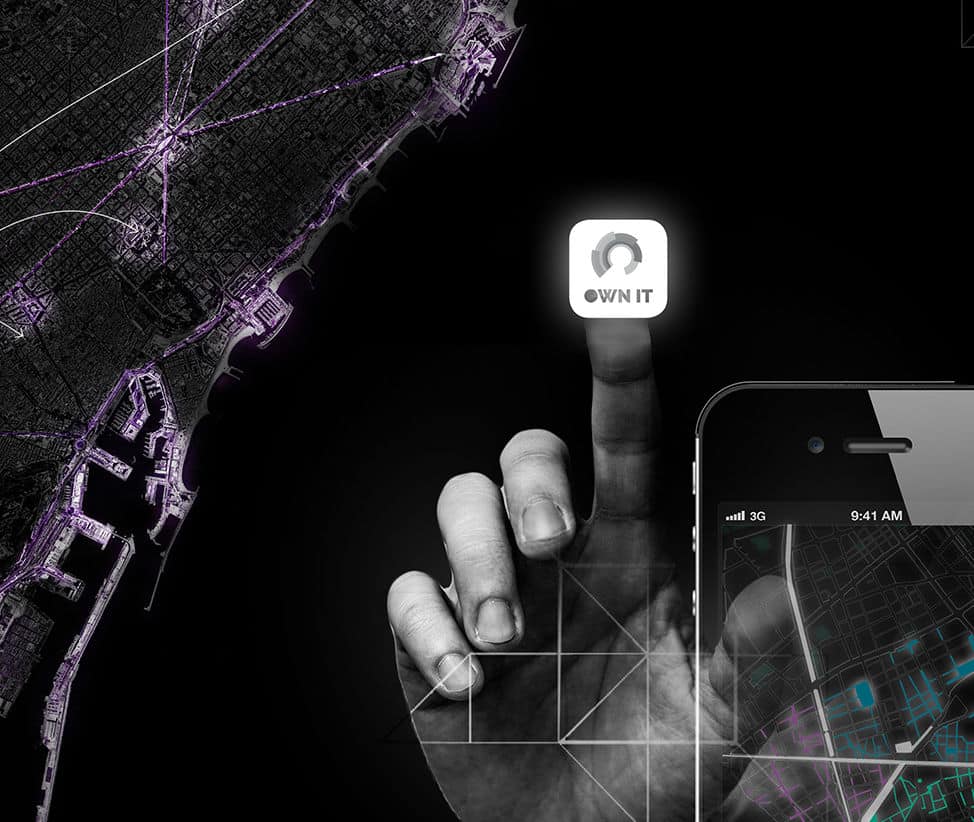
Master in City & Technology – MACT
The Master in City & Technology (MaCT) is a unique programme which is orientated towards training change makers that city administrations, governments, industries, and communities need, in order to develop projects for the transformation of our cities in the era of big data.
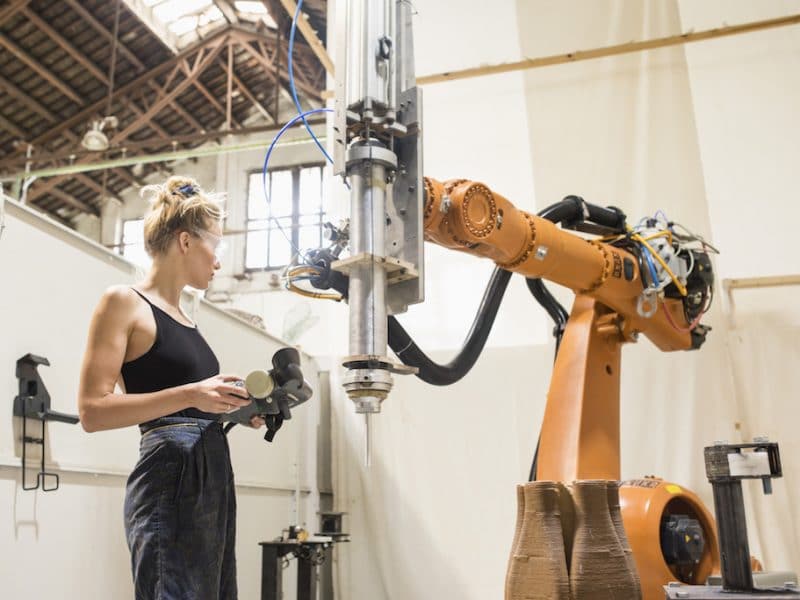
Master in Robotics and Advanced Construction – MRAC
In Barcelona, IAAC offers an international Master programme in Advanced Architecture (MAA). The MAA is oriented towards architects, engineers and designers from all over the world, eager to imagine the future of our cities and societies and committed to building it in the present.
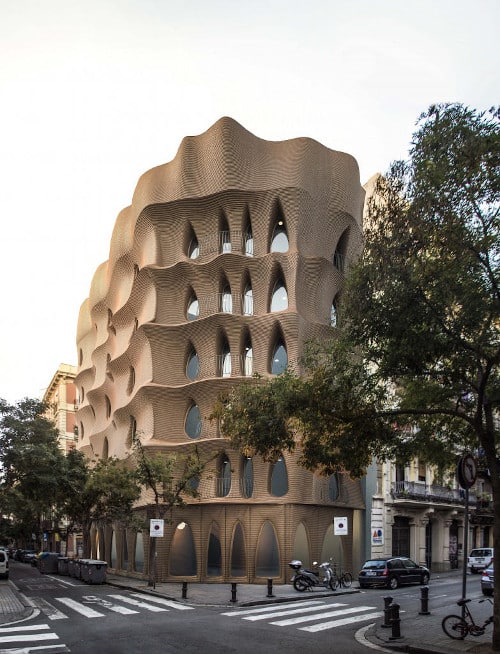
OTF – POSTGRADUATE IN 3D PRINTING ARCHITECTURE
In Barcelona, IAAC offers an international Master programme in Advanced Architecture (MAA). The MAA is oriented towards architects, engineers and designers from all over the world, eager to imagine the future of our cities and societies and committed to building it in the present.
EUROPEAN FUNDED RESEARCH
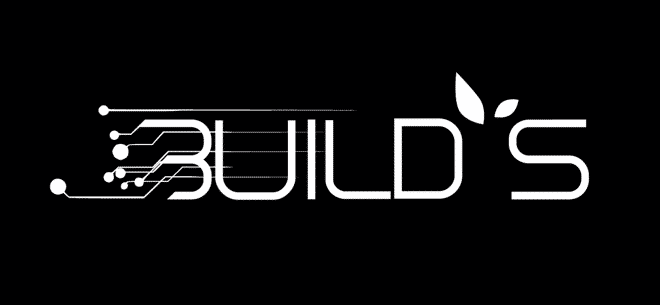
BUILDS
EU Project BUILDS – Building Urban Intelligent Living Design Solutions (2019-2021) Description “BUILDS” aims to fill the gap in the biotechnology sector applied to smart architecture and design by bringing intelligent living solutions for cities to the market through research, education, entrepreneurship and industry leaders cooperation. EU Call Erasmus + Total Funding 999,072 € IAAC…
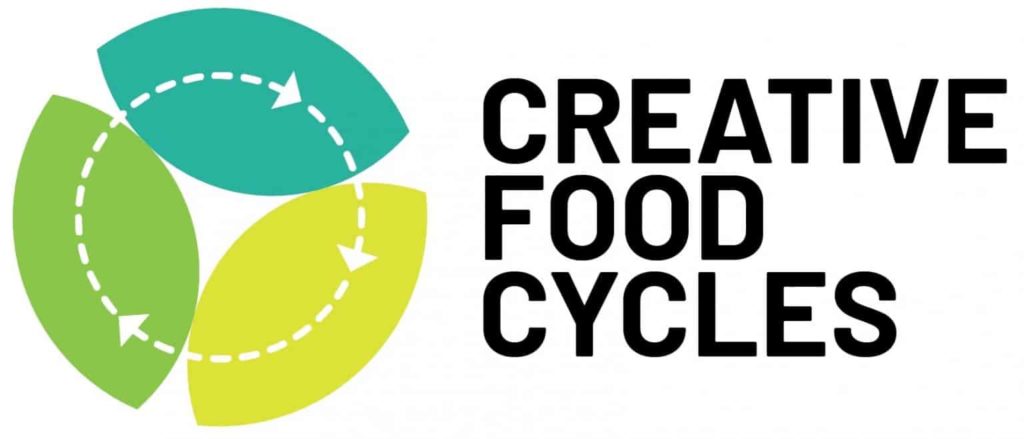
Creative Food Cycles
EU Project Creative Food Cycles (2018-2020) Description “Creative Food Cycles” enhances innovative and creative practices between food, architecture and conviviality in a transnational and European perspective. EU Call Creative Europe Programme Total Funding 198,000 € IAAC Department Advanced Architecture Group Partners Gottfried Wilhelm Leibniz Universität Hannover (Germany), Universitá Degli Studi di Genova (Italy) Website https://creativefoodcycles.org/
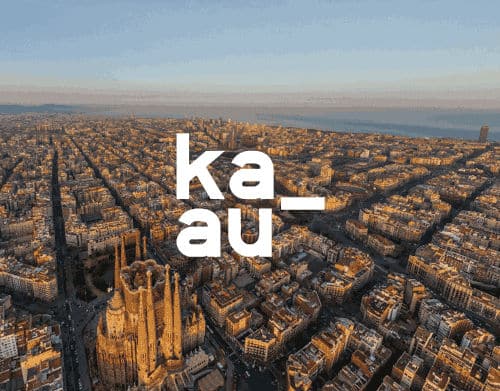
KAAU
EU Project KAAU – Knowledge Alliance for Advanced Urbanism (2015-2018) Description KAAU group works for the sensitive integration of ICT in cities, taking in consideration cultural heritage, environmental and social dimension issues. This project aims to promote an innovative understanding of “Advanced Urbanism” that requires changing traditional design and urban planning practices towards more open, collaborative…

